10 Companies Making Huge Stock Buybacks in 2018
For almost two years, investors feared that the wave of stock buybacks that helped drive the market to record highs was finally coming to a close.
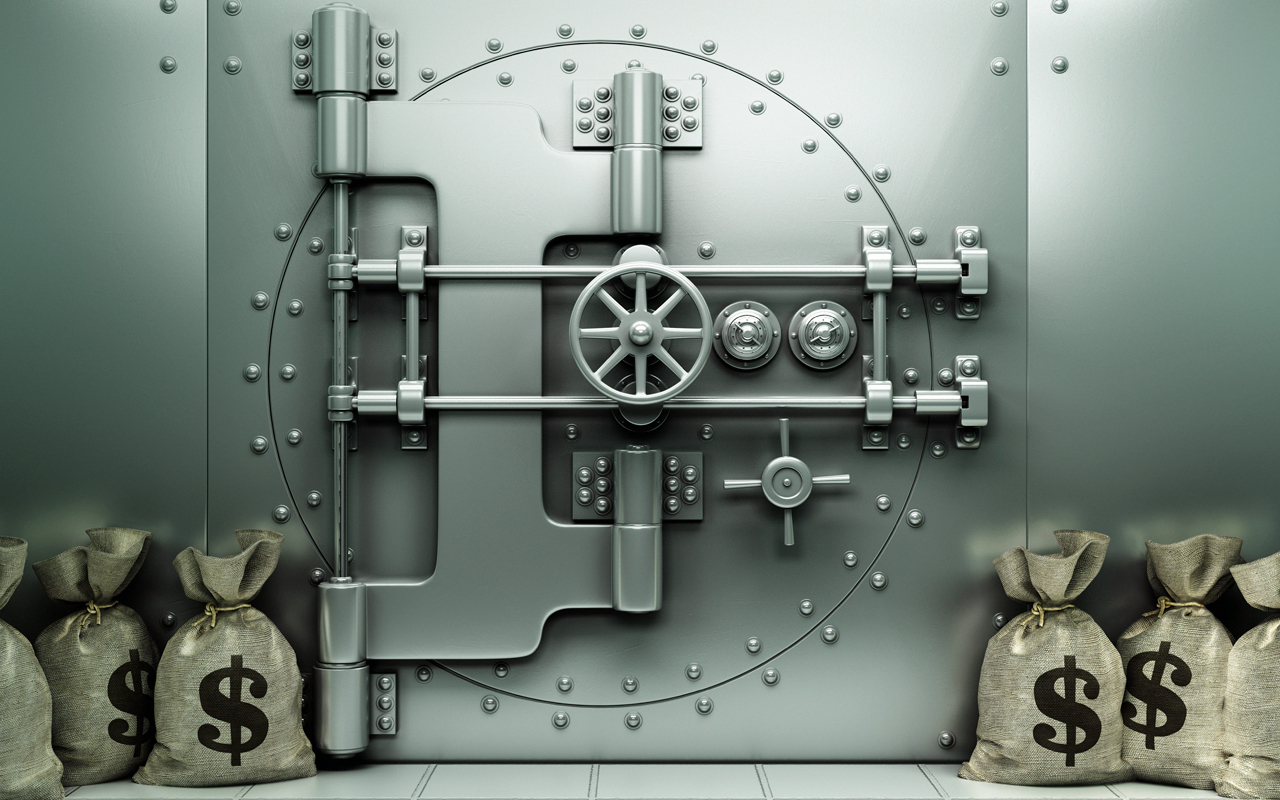
Profit and prosper with the best of Kiplinger's advice on investing, taxes, retirement, personal finance and much more. Delivered daily. Enter your email in the box and click Sign Me Up.
You are now subscribed
Your newsletter sign-up was successful
Want to add more newsletters?

Delivered daily
Kiplinger Today
Profit and prosper with the best of Kiplinger's advice on investing, taxes, retirement, personal finance and much more delivered daily. Smart money moves start here.

Sent five days a week
Kiplinger A Step Ahead
Get practical help to make better financial decisions in your everyday life, from spending to savings on top deals.

Delivered daily
Kiplinger Closing Bell
Get today's biggest financial and investing headlines delivered to your inbox every day the U.S. stock market is open.

Sent twice a week
Kiplinger Adviser Intel
Financial pros across the country share best practices and fresh tactics to preserve and grow your wealth.

Delivered weekly
Kiplinger Tax Tips
Trim your federal and state tax bills with practical tax-planning and tax-cutting strategies.

Sent twice a week
Kiplinger Retirement Tips
Your twice-a-week guide to planning and enjoying a financially secure and richly rewarding retirement

Sent bimonthly.
Kiplinger Adviser Angle
Insights for advisers, wealth managers and other financial professionals.

Sent twice a week
Kiplinger Investing Weekly
Your twice-a-week roundup of promising stocks, funds, companies and industries you should consider, ones you should avoid, and why.

Sent weekly for six weeks
Kiplinger Invest for Retirement
Your step-by-step six-part series on how to invest for retirement, from devising a successful strategy to exactly which investments to choose.
For almost two years, investors feared that the wave of stock buybacks that helped drive the market to record highs was finally coming to a close. Those quarterly buybacks peaked during the first quarter of 2016, plunged by the third quarter of that year, then simply leveled off at sub-par levels through the third quarter of 2017. That wave of easy upside looked like it was winding down.
However, with major tax breaks serving as a tailwind, U.S. corporations are looking to make such use of their cash again … in spades. Between Jan. 1 and Feb. 20, constituents of the Standard & Poor’s 500-stock index announced buyback programs totaling $173 billion. That’s the largest buyback tally ever taken at this early point of the year, and bodes well for 2018’s per-share profits.
Here’s a rundown of this year’s biggest buyback announcements thus far. These share-repurchase programs don’t necessarily make these names worth owning, but they certainly bolster an already-bullish case for each company.
Data is as of March 2, 2018. Click on ticker-symbol links in each slide for current share prices and more.
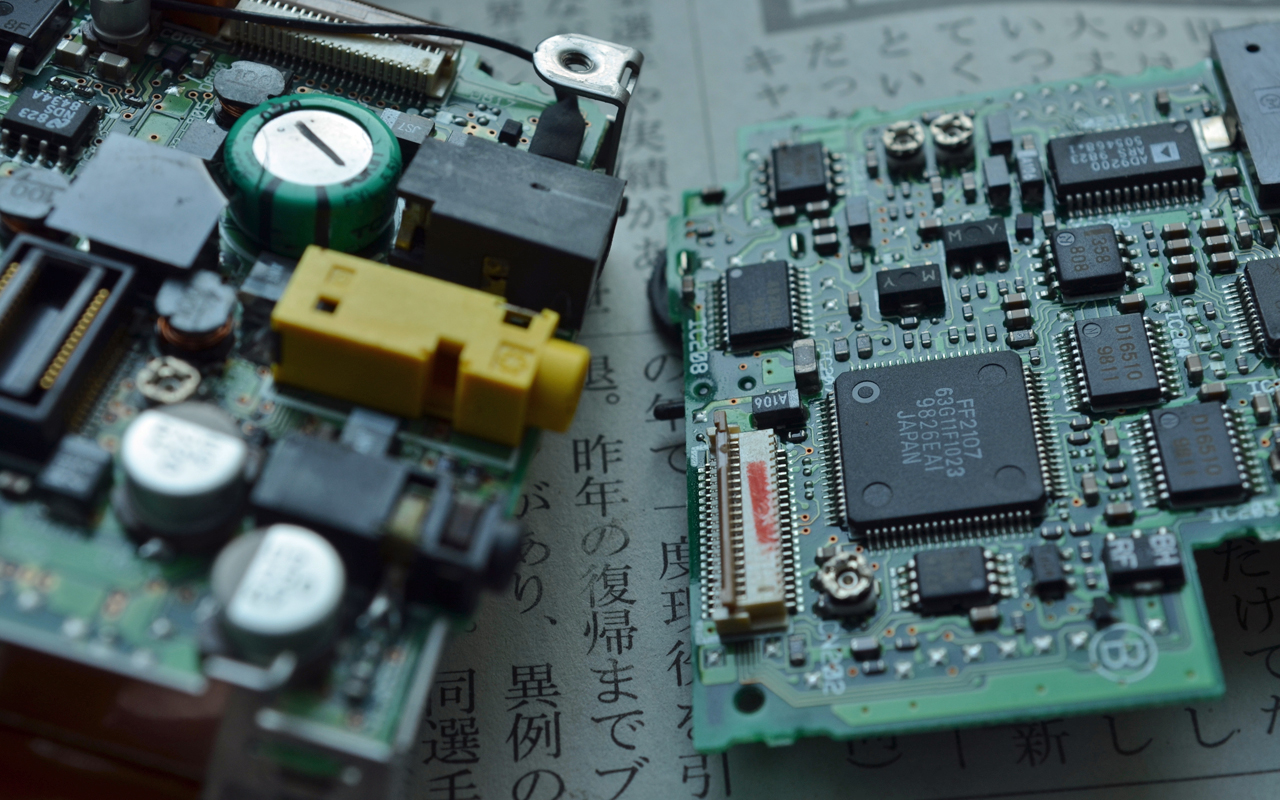
Applied Materials
- Buyback commitment: $6 billion
While the Gold Rush of 1849 panned out to be a windfall for a few lucky prospectors, most of the miners who headed west seeking their fortune found nothing but disappointment. The only reliable way of making any money during the mania was supplying pickaxes and shovels to the people who didn’t bring one.
That’s how Applied Materials (AMAT, $58.03) makes its money, in a sense. Rather than competing directly in a crowded semiconductor arena, it supplies equipment and materials used in the creation and manufacture of computer chips and cutting-edge display screens. That has enable AMAT to ride the evolution of computer technology.
The proof is in last quarter’s results. Sales grew 28% year-over-year, prodding a 58% improvement in per-share profits. CEO Gary Dickerson believes his company will experience more of the same. Also, not only did Applied Materials double its quarterly dividend, but the board of directors approved $6 billion worth of stock repurchases. For perspective, Applied Materials only sports a market cap of $61 billion.
The growth trajectory and buyback were enough for Credit Suisse, which already rates AMAT at “Outperform,” (equivalent of “Buy”) to raise its target price on the stock from $72 to $74. Credit Suisse analyst Farhan Ahmad wasn’t surprised to hear the buyback news, but did write that it materialized sooner than expected.

Mondelez International
- Buyback commitment: $6 billion
The funny-named company isn’t as unfamiliar as you think. Mondelez International (MDLZ, $44.42) is the name behind Cadbury candies, Chips Ahoy and Oreo cookies, Ritz crackers, Trident chewing gum and more. Prior to 2012, you knew it better as Kraft Foods. Part of the old Kraft eventually went on to become Kraft-Heinz (KHC), but most of it became the Mondelez we know and love today.
Those who know the company – and the food business – know that profit margins are thin. The solutions are greater scale and more operational efficiency, and Mondelez is making headway on the latter. The company grew per-share profits 14% year-over-year to $2.14 in 2017, and analysts expect even more robust earnings expansion this year. Societe Generale analyst Warren Ackerman recently wrote, “North America issues in biscuits continue but categories and execution are improving, and innovation for FY18 is in place,” adding that the company is doing particularly well in emerging markets.
The projected profit growth is expected to be strong enough to fund an extra $6 billion worth of stock buybacks, per a late-January announcement. That’s in addition to the $13.7 billion stock-buyback plan that was already in place.
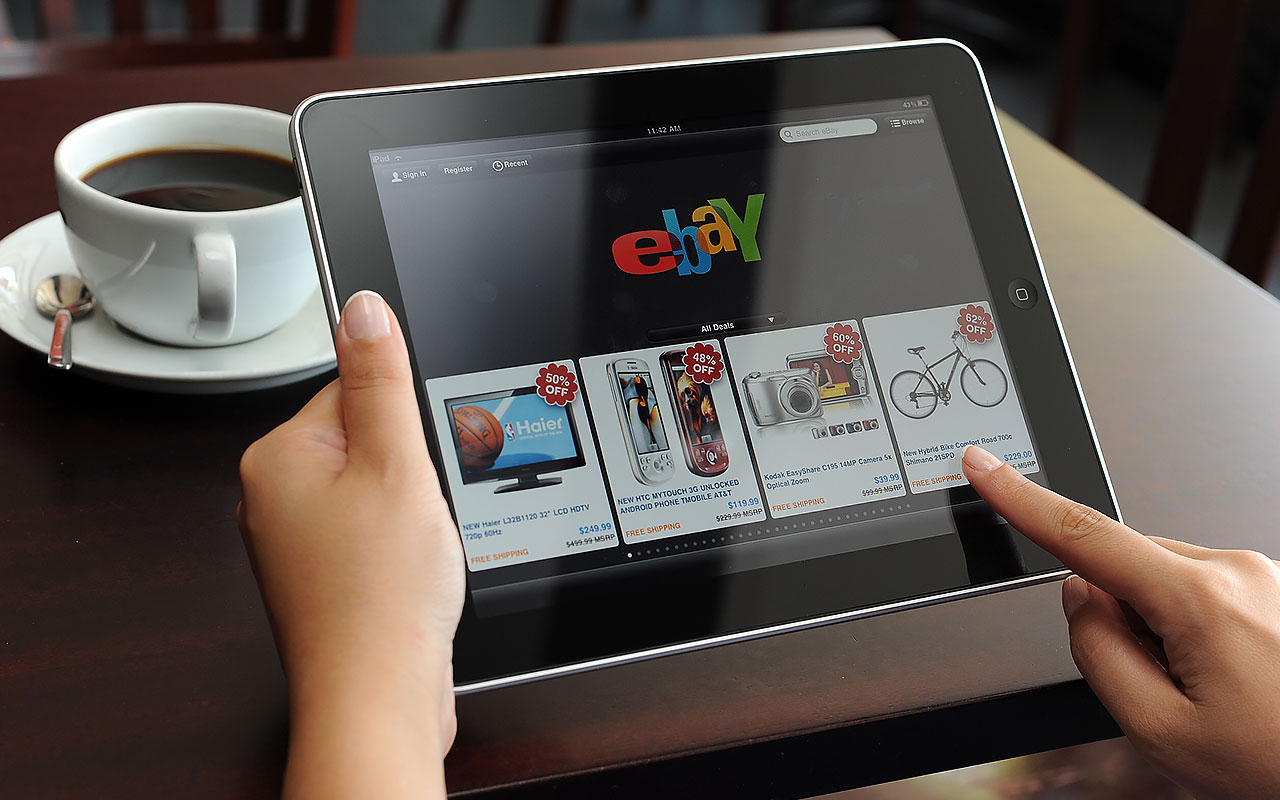
eBay
- Buyback commitment: $6 billion
- Ebay (EBAY, $42.95) and PayPal (PYPL) essentially grew up together, but they aren’t the partners they used to be. In late January, the online auctioneer announced it would begin the development of an in-house payment solution for users of its e-commerce platform.
The move certainly doesn’t boot PayPal as a payment option, but it does set the stage for lowered operational expenses and gives eBay more control over the purchasing process. Mizuho analyst Thomas McCrohan opined that the company “ultimately viewed PayPal as limiting their ability to create ‘more seamless experiences.’”
While Baird analyst Colin Sebastian doesn’t think PayPal’s soon-to-be-weakened relationship with the e-commerce venue will make eBay leaps and bounds more profitable anytime soon, every little bit helps. And, that little profit boost will certainly help supply the additional $6 billion its board of directors recently authorized for share repurchases. Paired with the buyback program already in place, the company aims to repurchase $3.5 billion worth of EBAY shares this year, then do the same in 2019.
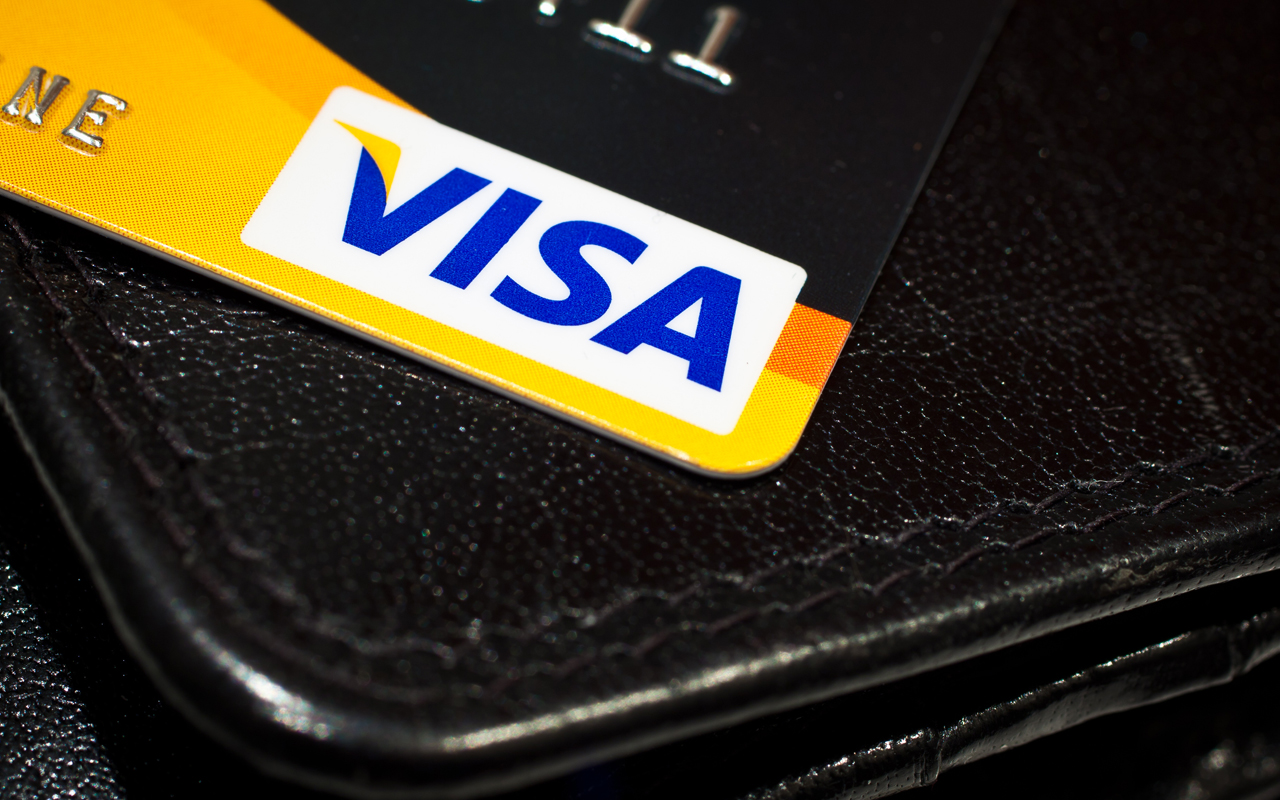
Visa
- Buyback commitment: $7.5 billion
Credit card middleman Visa (V, $120.77) might get a bullish nudge thanks to a big buyback plan. Along with a solid earnings beat last quarter, the company unveiled a healthy $7.5 billion buyback plan.
While the previous quarter’s numbers were compelling, the outlook wasn’t. CFO Vasant Prabhu cautioned investors that the current quarter’s revenue growth rate would be below the full-year average, by a couple of percentage points, no less. Given that last quarter’s bottom line was only about $2.5 billion, that kind of spending plan doesn’t leave the company much wiggle room, particularly knowing the holiday quarter is one of the best of the year. Consumers are spending in droves.
Not to worry. Visa has a little more than $9 billion worth of liquid funds in the bank, and it otherwise hasn’t found anything better to do with it.
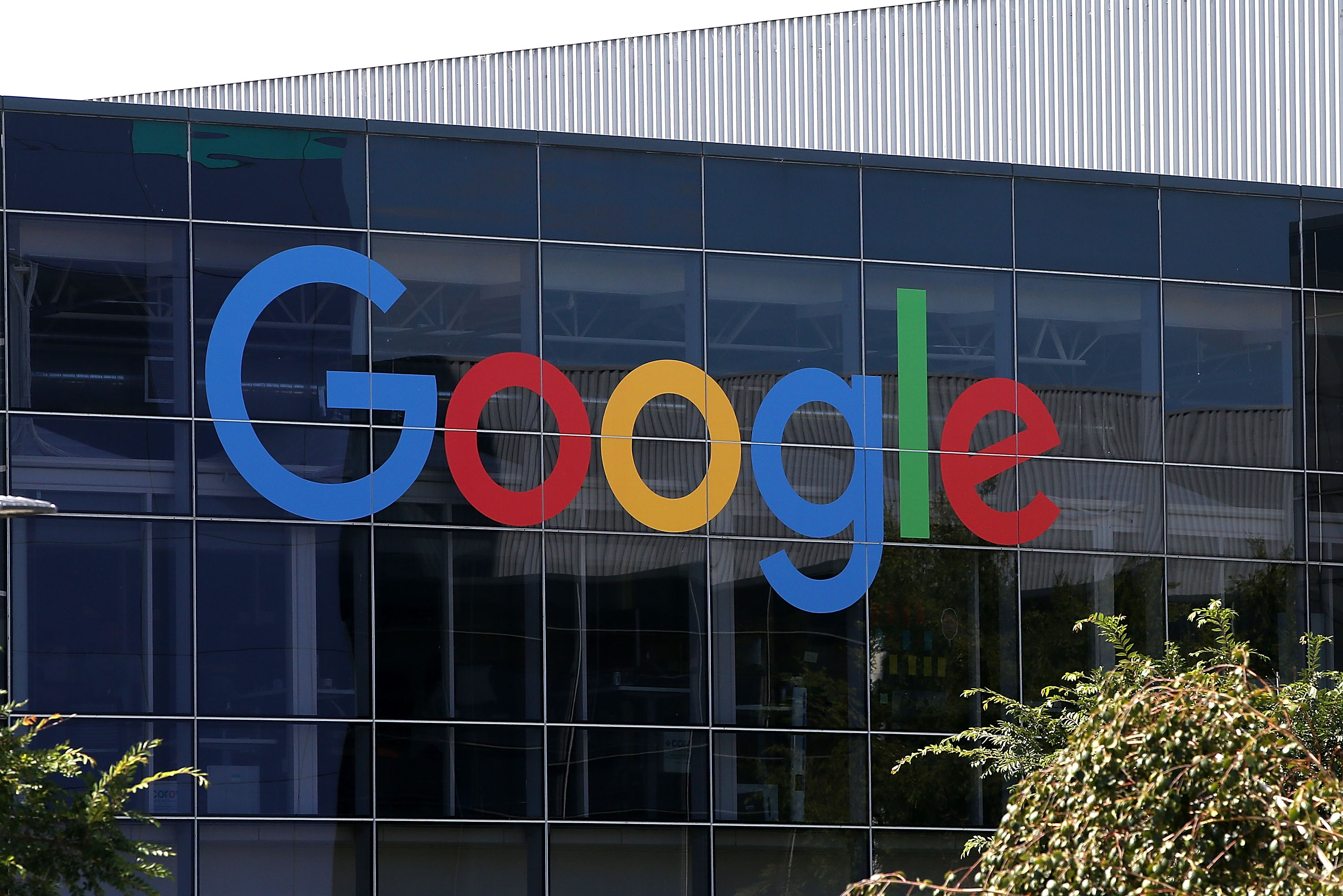
Alphabet
- Buyback commitment: $8.6 billion
- Alphabet (GOOGL, $1,084.14) – the company formerly known as Google – isn’t buying back exactly $8.6 billion worth of its stock. Its board of directors officially announced in early February that it has authorized the repurchase of $8,589,869,056 worth of outstanding shares.
While the dollar figure seems random, it’s not. It’s what mathematicians call a “perfect number,” which is simply a positive integer exactly equal to the sum of all of its potential divisors. (If that means nothing to you non-mathematicians, here’s a slightly more helpful explanation.)
In short, Alphabet is being cute with its buyback plan, and this isn’t the first time. The company’s 2015 share repurchase program was worth $5,099,019,513.59. That’s the square root of 26 – the number of letters in the Alphabet – multiplied by $1 billion. Some of its stock sales were also based on mathematical oddities.
Whatever the case, taking $8.6 billion worth of shares out of the float will only help the already-bullish case for owning Alphabet.
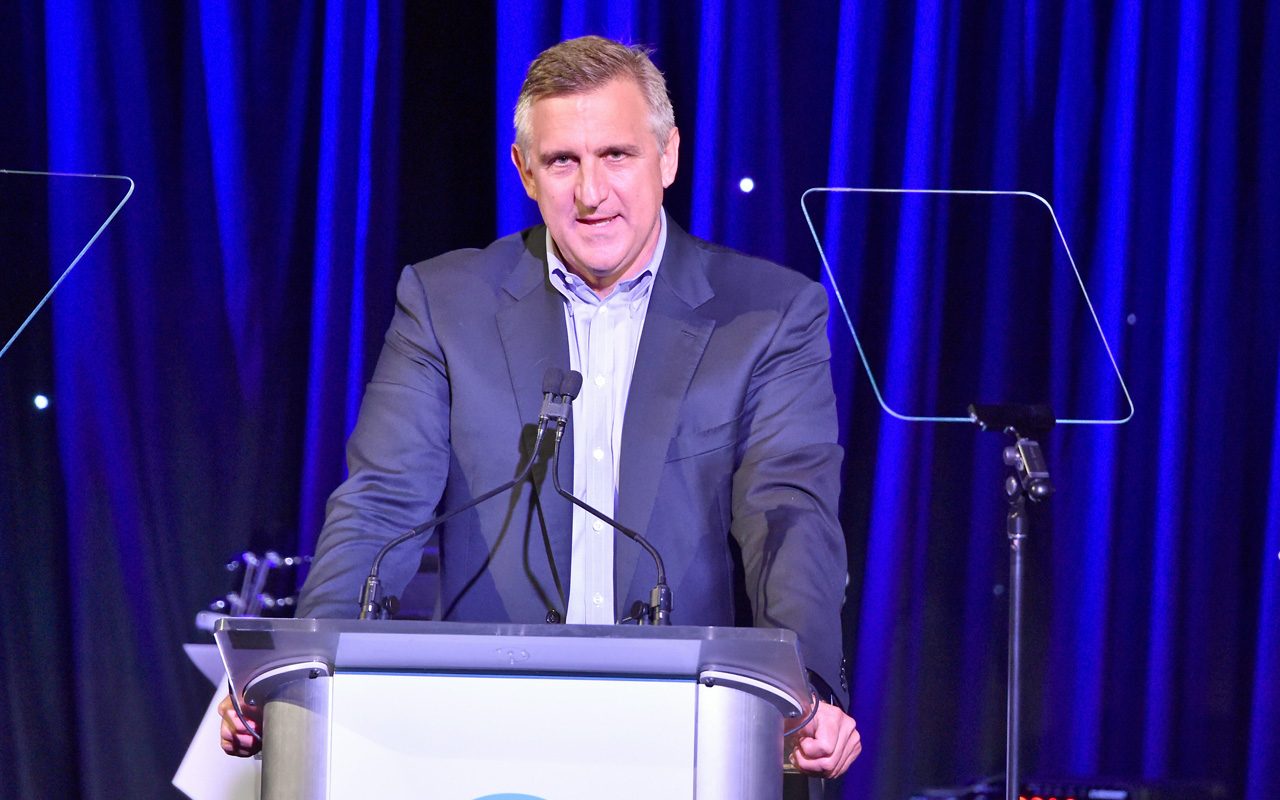
Amgen
- Buyback commitment: $10 billion
Leerink analyst Geoffrey Porges didn’t pull any punches in his response to biopharma company Amgen’s (AMGN, $185.08) most recent quarterly results and the corresponding discussion from executives. He wrote, “Amgen’s growth outlook is not exciting, and the pressure on its legacy products is only going to increase.”
RBC Capital Markets analyst Kennen MacKay was just as tough on the company, noting the numbers were “financial engineering at its finest: buybacks and tax surprise offset quarter miss.”
However, Porges goes on to concede, “but with its disciplined margin performance and continued cash flow, its business development preparedness is striking.”
That might be the long way of saying that as much as the analysts may not want to, they can’t not like Amgen’s prospects. Even if much of its progress stems from financial engineering.
Whatever the case, look for more of the same financial engineering for the foreseeable future. The company’s cash situation supports an additional $10 billion in stock buybacks that Amgen’s board approved during the previous quarter.
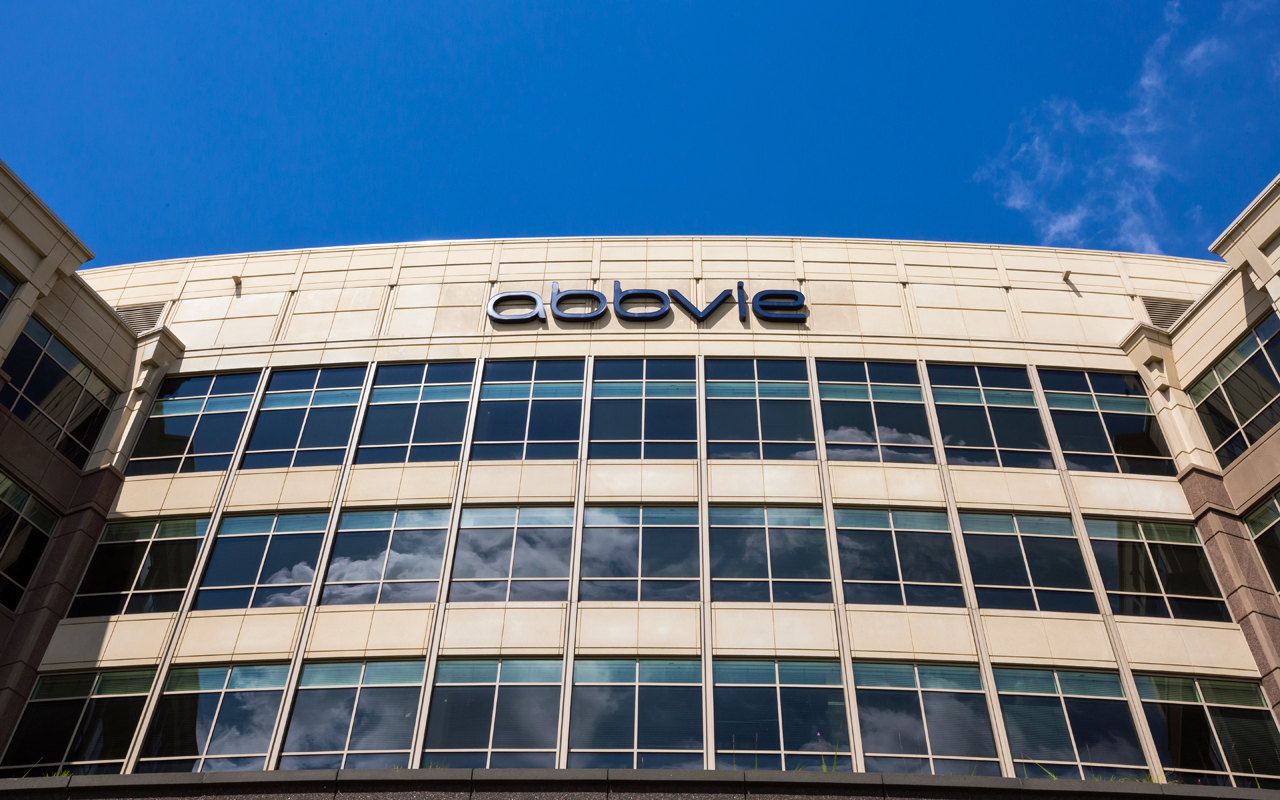
AbbVie
- Buyback commitment: $10 billion
Amgen isn’t the only drugmaker sweetening the pot for shareholders. Abbvie (ABBV, $115.04) is playing the same card, allocating $10 billion of its own to shrink the number of shares in its float. There is one difference: While Amgen’s $10 billion commitment is in addition to its existing repurchase program, AbbVie’s new buybacks plan replaces the previous one.
That’s not the only way AbbVie is rewarding shareholders, however. The company also increased its quarterly dividend by 35% to 96 cents per share.
Some investors may think AbbVie is cutting it a little close. After all, the company is projected to earn $7.48 per share this year, and has only about $10 billion worth of cash and equivalents in the bank. Still, ABBV knows exactly what it has in its portfolio and pipeline. Humira still is a workhorse, boasting sales growth of 14% year-over-eyar, while Imbruvica logged a 39% increase in sales last quarter. Throw in the potential of Elagolix and Upadacitinib if and when they reach their full sales potential, and Abbvie shouldn’t have any trouble funding its generosity.
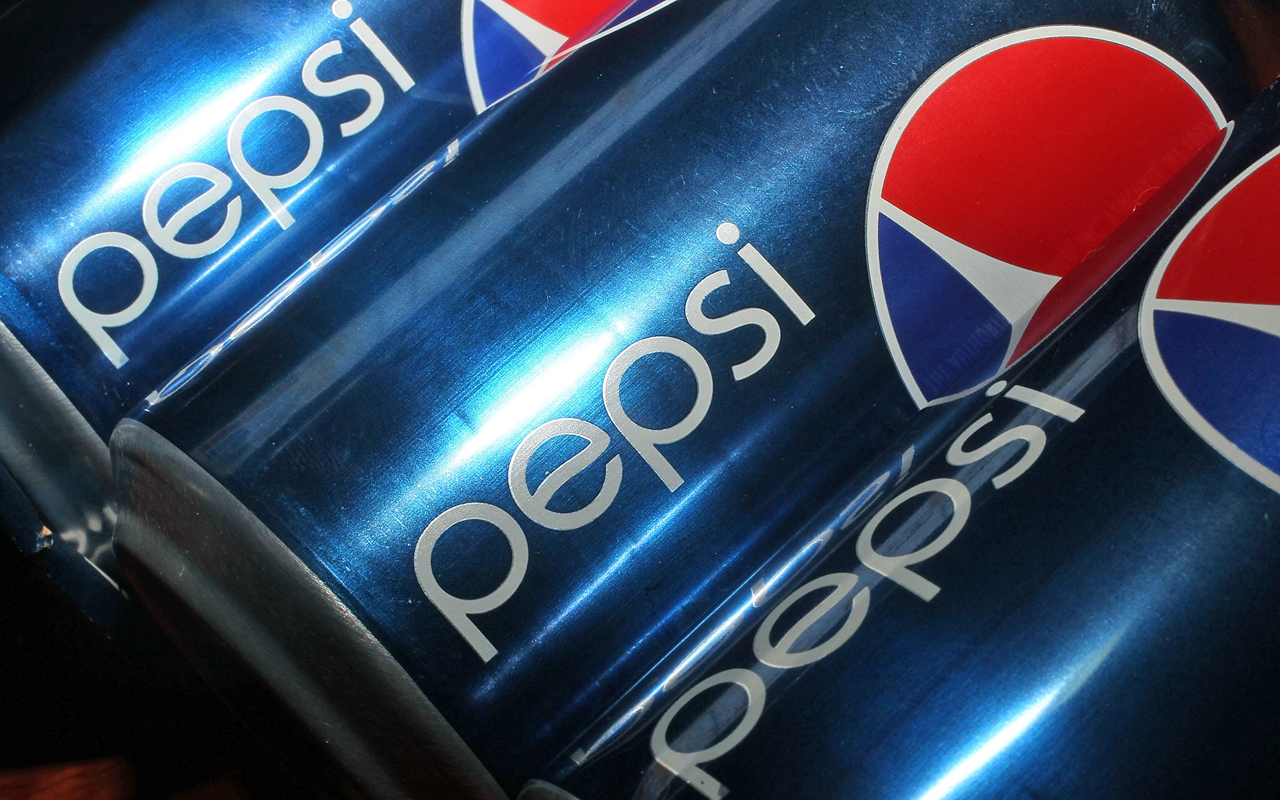
PepsiCo
- Buyback commitment: $15 billion
If you were impressed by AbbVie’s $10 billion buyback, beverage and snack giant PepsiCo (PEP, $109.04) has one-upped the pharmaceutical company. In mid-February, PepsiCo earmarked $15 billion to repurchase shares, replacing a $12 billion buyback program that was set to expire in mid-2018.
Relative to its market cap of $157 billion, those stock buybacks will make a sizeable dent.
The PepsiCo story hasn’t been a great one of late. Although it’s still a cash cow, consumers are steering away from sugary drinks and unhealthy snacks, hitting the company right where it hurts. The deterioration has been slow and slight, though, spaced out across about five years. Pepsi still is raking in gobs of cash, however, earning nearly $5 billion last year alone to bring its cash hoard to almost $20 billion.
With no other opportunities on the table, the buyback and the 15% increase in its dividend is arguably the best use of that money.
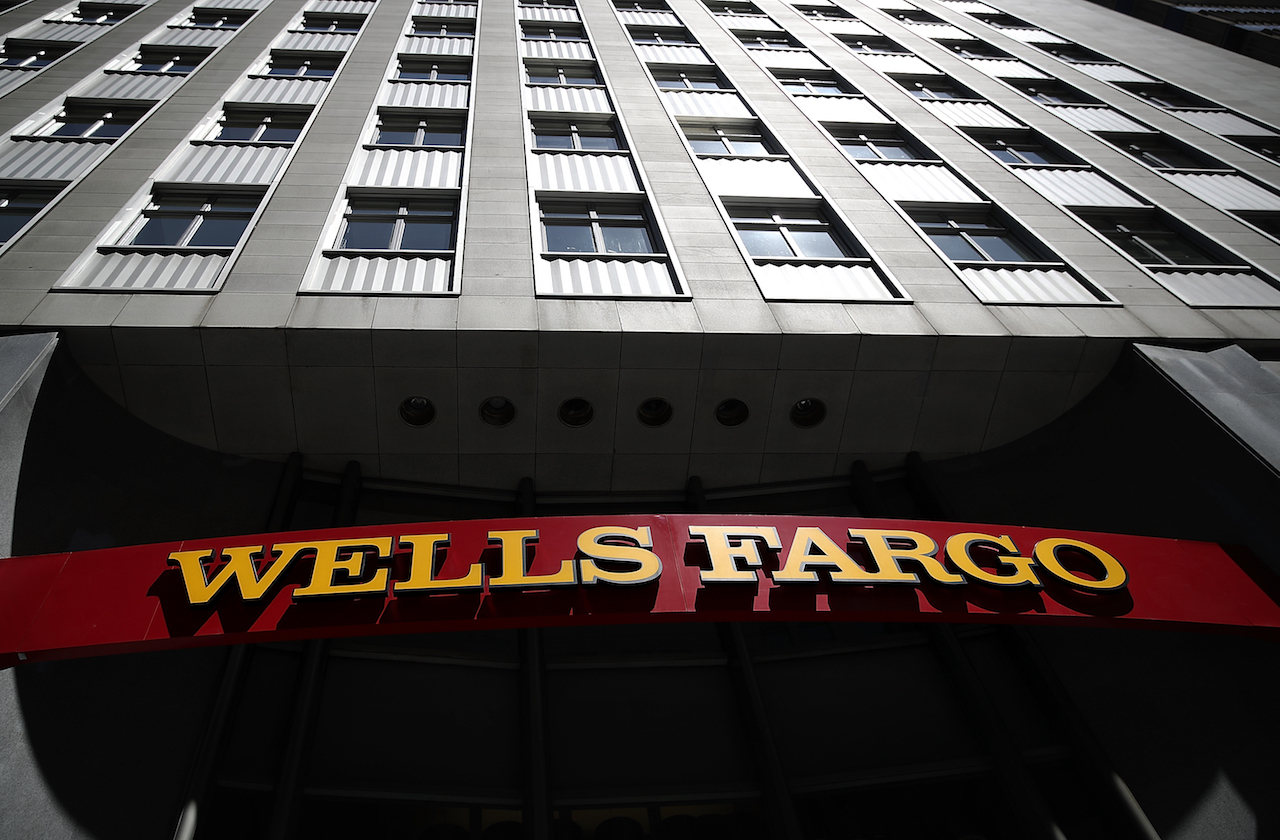
Wells Fargo
- Buyback commitment: $22.6 billion
- Wells Fargo (WFC, $57.41) is fighting an uphill battle, and most people would agree that the bank’s wounds are self-inflicted. The unauthorized opening of 3.5 million accounts has not only cost the company money and its reputation, but it also has prompted action from the Federal Reserve.
The Fed recently ruled that the bank cannot grow its asset base beyond its size as of the end of 2017 until the Fed decides Wells Fargo can be trusted again. That ultimately will crimp earnings growth, even if the organization continues to cull costs.
As Keefe, Bruyette & Woods analyst Brian Kleinhanzl put it, “The bottom line is that the C&D order will mean Wells will have a harder time maintaining market share and will have to compete more on price or credit terms versus peers, in our view.”
Investors clearly are less than enthused.
One thing the Federal Reserve’s restriction doesn’t do, however, is prevent the company from improving per-share profits by reducing the number of outstanding shares. So, it’s thinking big, setting aside a whopping $22.6 billion for 350 million shares’ worth of stock buybacks. That’s about 7% of Wells’ total float.
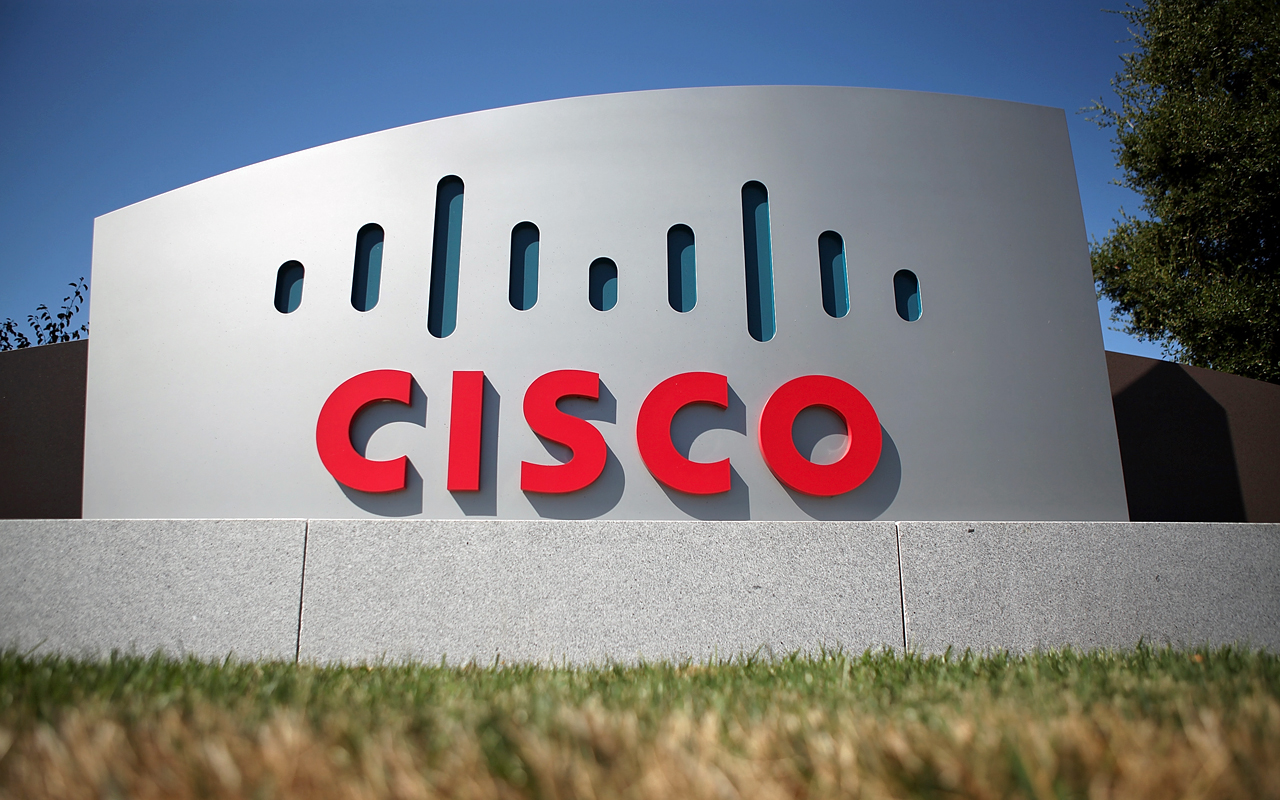
Cisco
- Buyback commitment: $25 billion
Finally, networking giant Cisco (CSCO, $44.06) gave its shareholders a wonderful Valentine’s Day gift, packaged with its fiscal second-quarter report on Feb. 14. The company added another $25 billion worth of funding to the already-generous stock buyback plan in place.
Yes, Cisco can afford it.
This may be one of the most overlooked details about Cisco, but it quietly has built a financial war chest for years. As of the latest tally, the company was sitting on $67 billion worth of cash and liquid assets, much of it stashed overseas.
CEO Chuck Robbins has been wary of bringing it back into the United States, knowing it would incur a hefty tax bill when the company did so. But, with President Donald Trump’s recently enacted tax overhaul easing the sting – and at the same time making it moot by imposing a tax liability on that money anyway – Cisco is using the opportunity to share some of that locked-up wealth.
Profit and prosper with the best of Kiplinger's advice on investing, taxes, retirement, personal finance and much more. Delivered daily. Enter your email in the box and click Sign Me Up.
-
 Nasdaq Leads a Rocky Risk-On Rally: Stock Market Today
Nasdaq Leads a Rocky Risk-On Rally: Stock Market TodayAnother worrying bout of late-session weakness couldn't take down the main equity indexes on Wednesday.
-
 Quiz: Do You Know How to Avoid the "Medigap Trap?"
Quiz: Do You Know How to Avoid the "Medigap Trap?"Quiz Test your basic knowledge of the "Medigap Trap" in our quick quiz.
-
 5 Top Tax-Efficient Mutual Funds for Smarter Investing
5 Top Tax-Efficient Mutual Funds for Smarter InvestingMutual funds are many things, but "tax-friendly" usually isn't one of them. These are the exceptions.
-
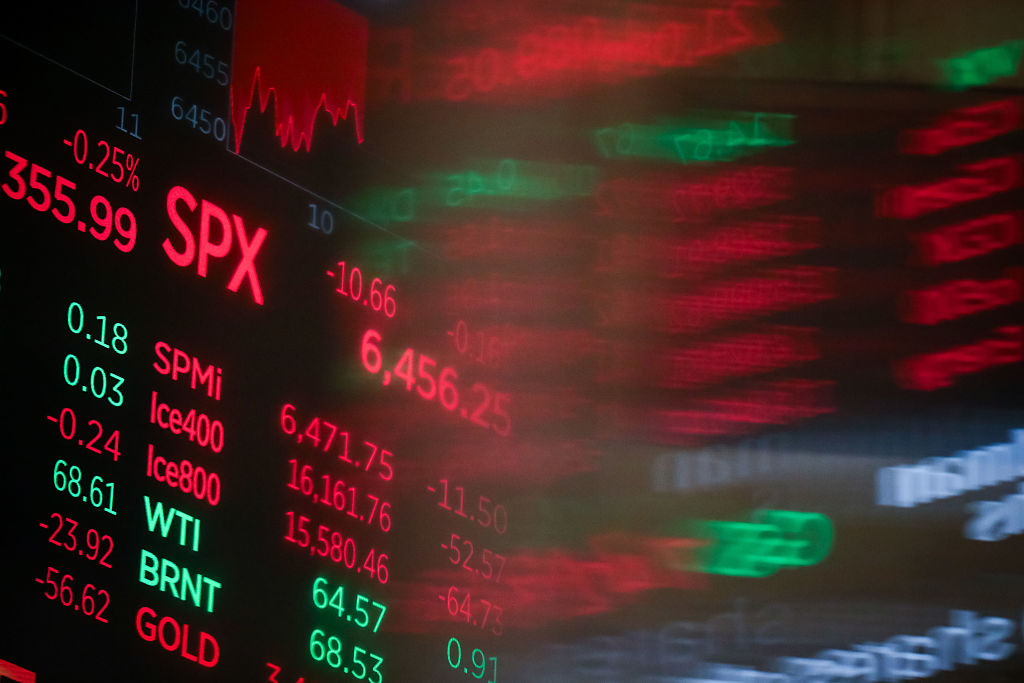 Dow Hits New High Then Falls 466 Points: Stock Market Today
Dow Hits New High Then Falls 466 Points: Stock Market TodayThe Nasdaq Composite, with a little help from tech's friends, rises to within 300 points of its own new all-time high.
-
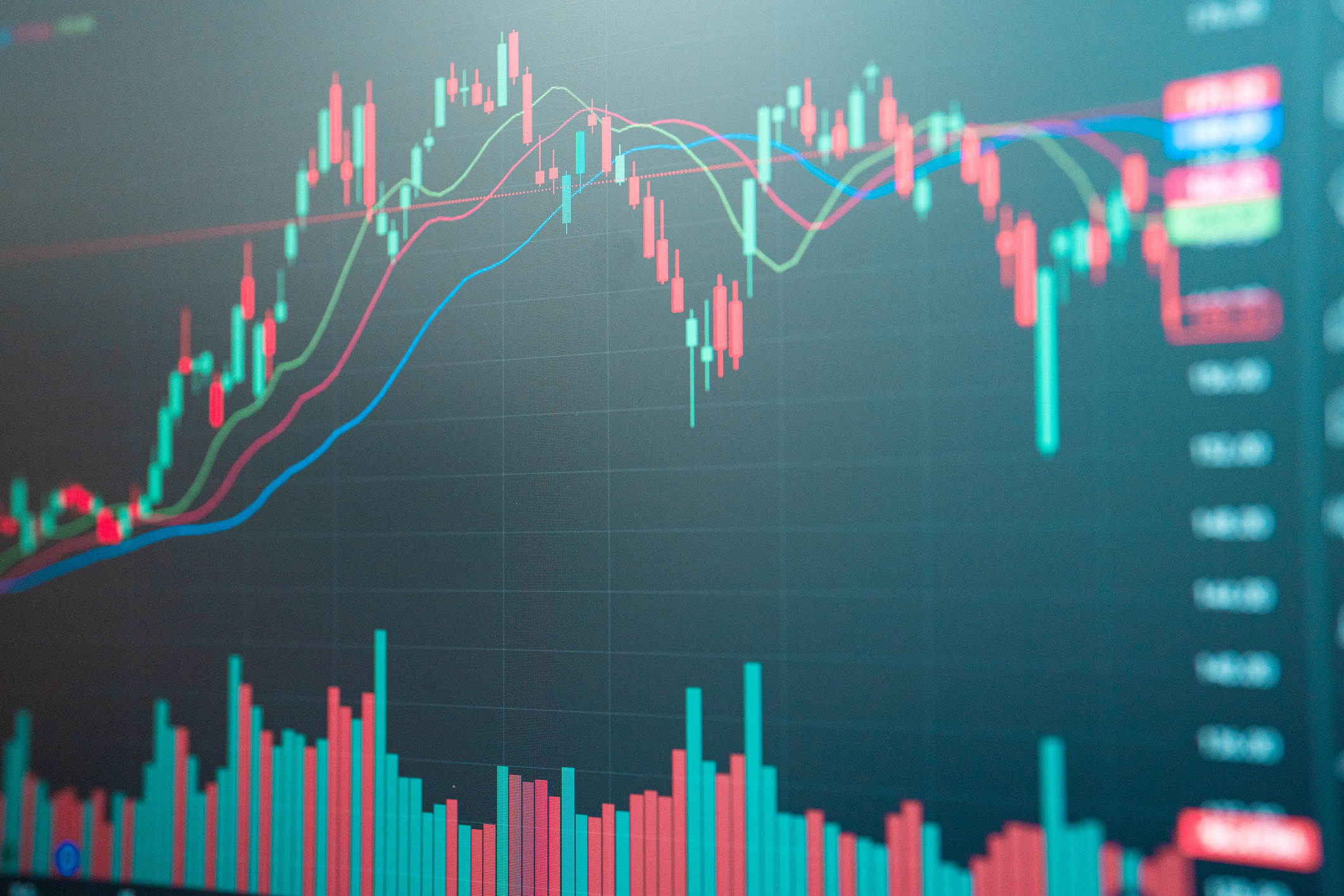 Dow Climbs 559 Points to Hit a New High: Stock Market Today
Dow Climbs 559 Points to Hit a New High: Stock Market TodayThe rotation out of tech stocks resumed Tuesday, with buying seen in more defensive corners of the market.
-
 Stocks Rally as Investors Buy the Dip: Stock Market Today
Stocks Rally as Investors Buy the Dip: Stock Market TodayMost sectors are "go" only a day after talk of bubbles, extended valuations and narrow breadth undermined any kind of exuberance.
-
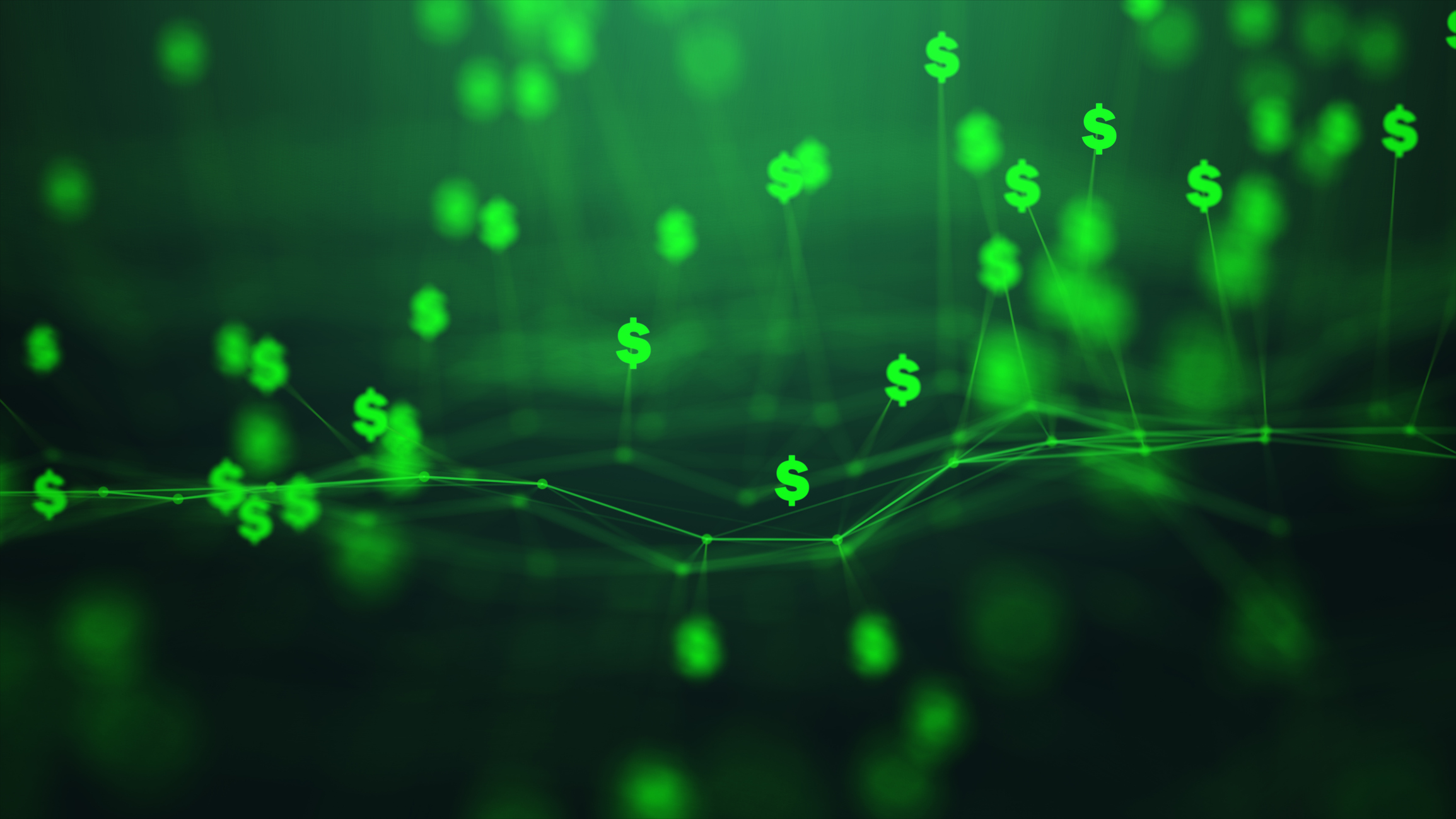 S&P 500 Sees New Highs on Shutdown Day: Stock Market Today
S&P 500 Sees New Highs on Shutdown Day: Stock Market TodayMost of its components were in the red, but the S&P 500 Index still managed to hit a new intraday all-time high.
-
 Stock Market Today: Another Quarter, More Mixed Price Action
Stock Market Today: Another Quarter, More Mixed Price Action"Up and to the right" remains the general trend despite persistent uncertainty around critical policy issues.
-
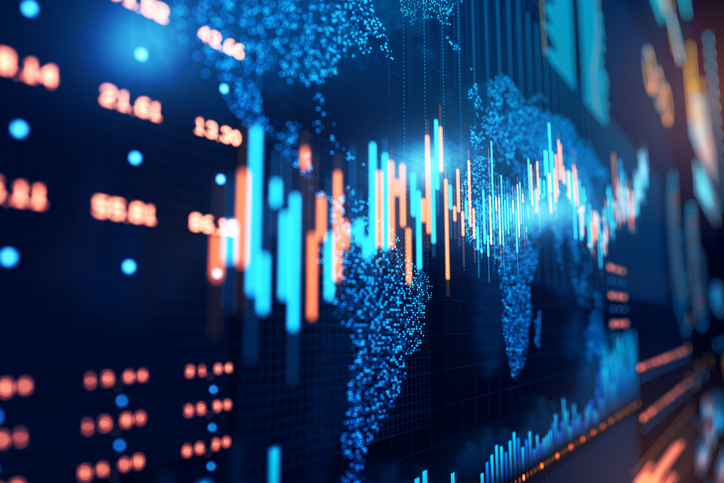 Stock Market Today: Nasdaq Outperforms as Big Tech Rallies
Stock Market Today: Nasdaq Outperforms as Big Tech RalliesThe Dow Jones Industrial Average closed lower for a second day as Amgen and Merck fell.
-
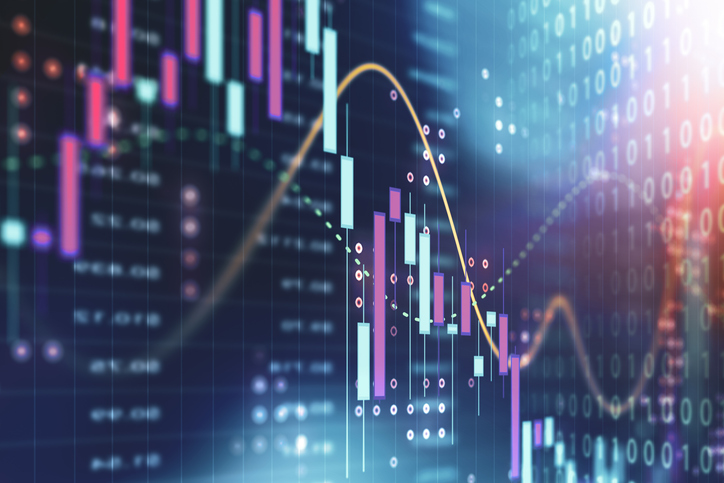 Stock Market Today: Stocks Struggle After Trump's EU Tariff Threats
Stock Market Today: Stocks Struggle After Trump's EU Tariff ThreatsStocks pared early gains after Trump threatened the European Union with 25% tariffs.
-
 The 24 Cheapest Places To Retire in the US
The 24 Cheapest Places To Retire in the USWhen you're trying to balance a fixed income with an enjoyable retirement, the cost of living is a crucial factor to consider. Is your city the best?
